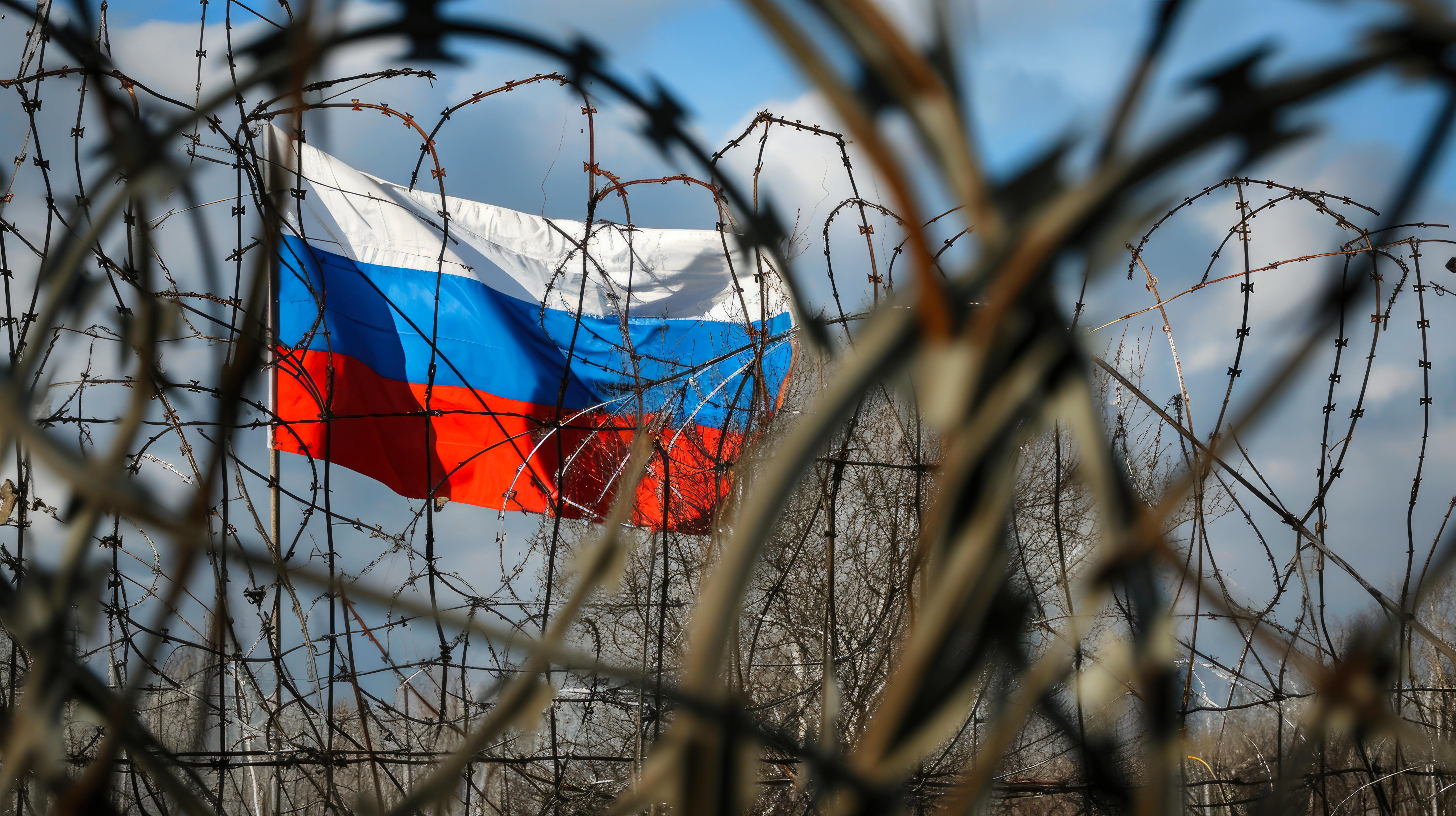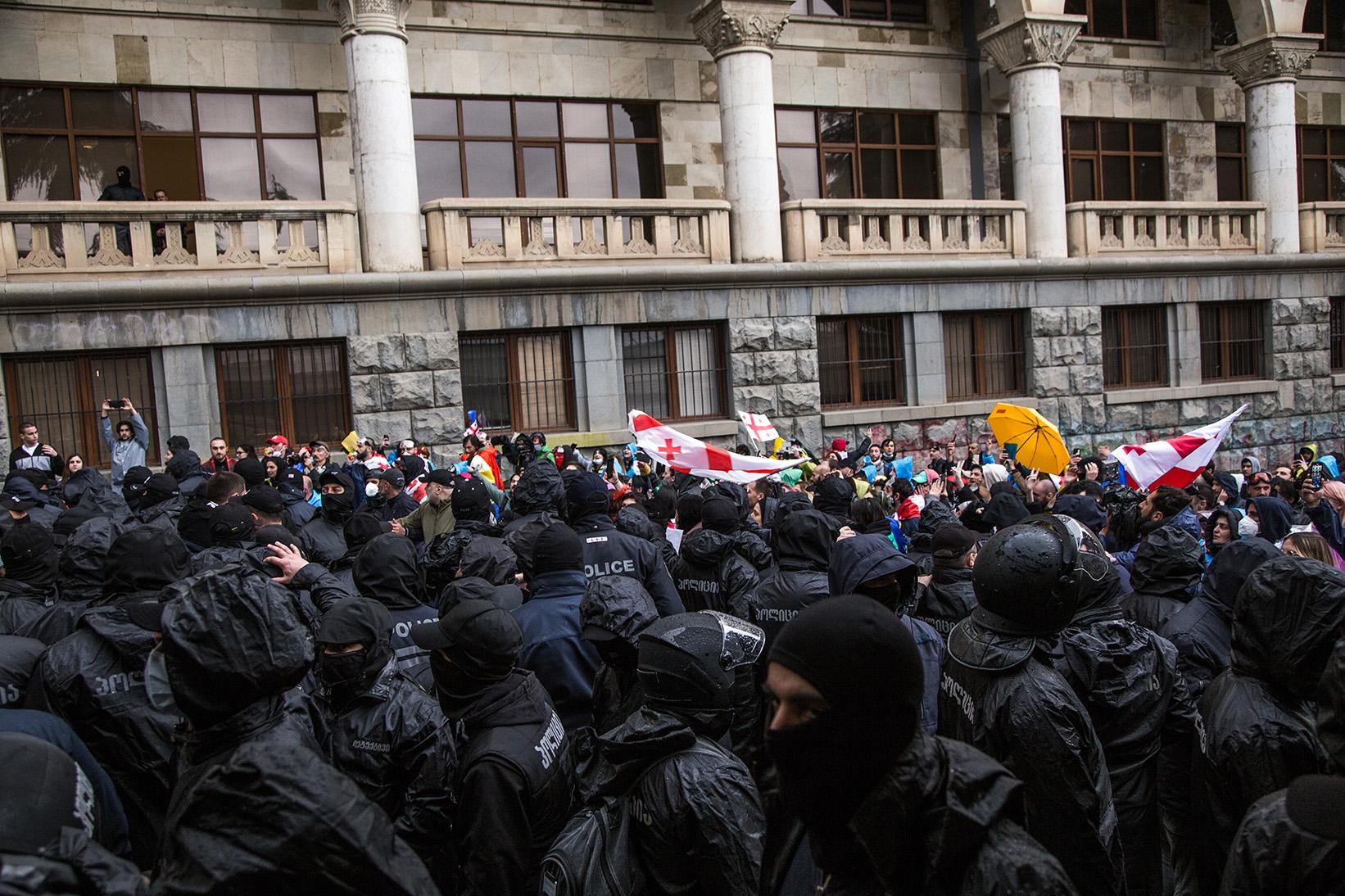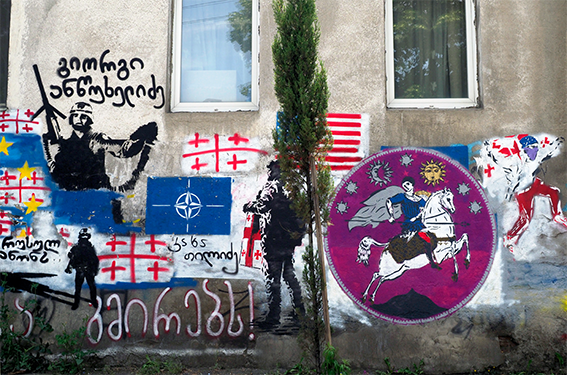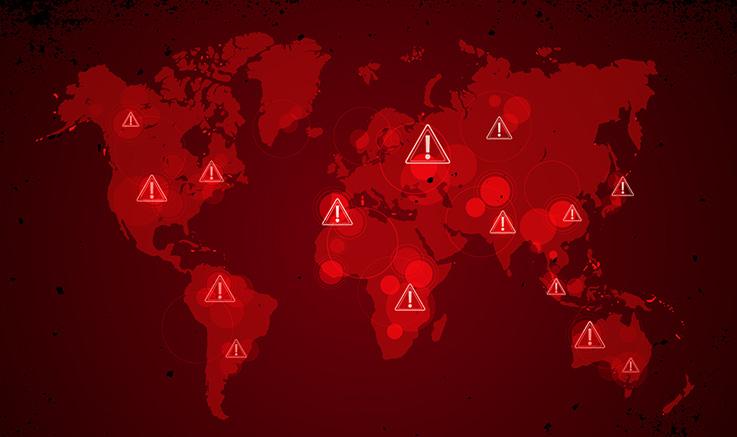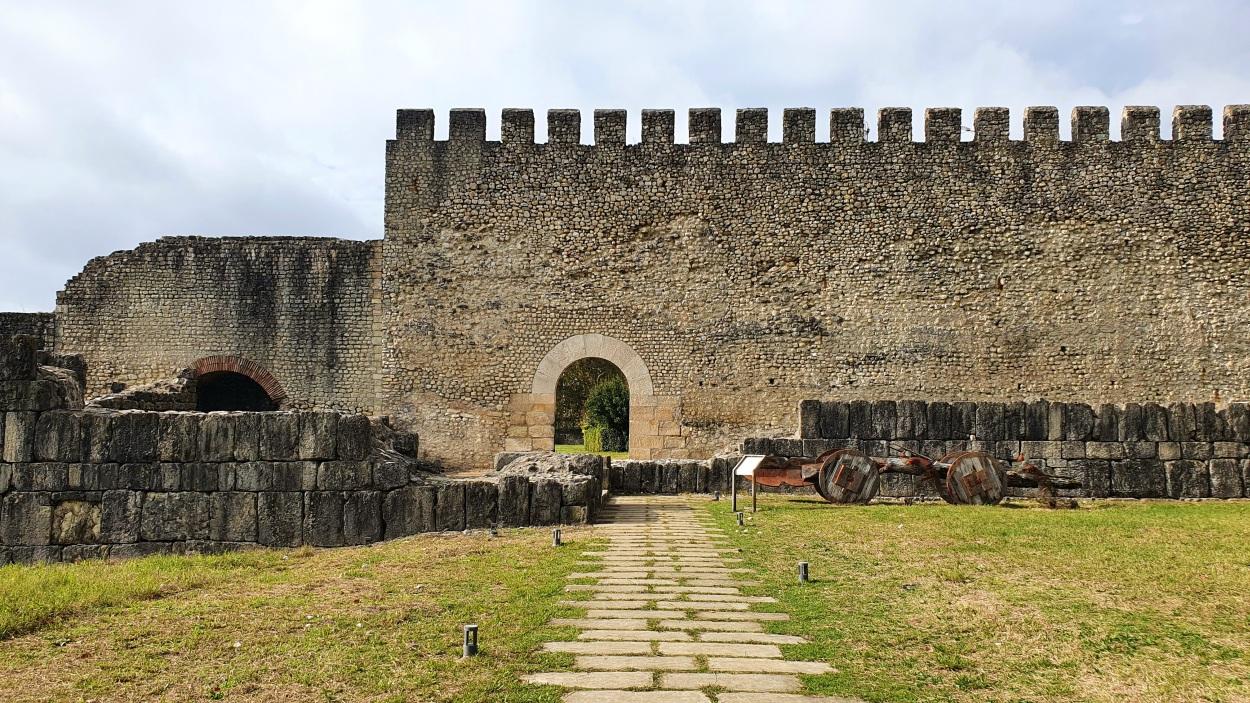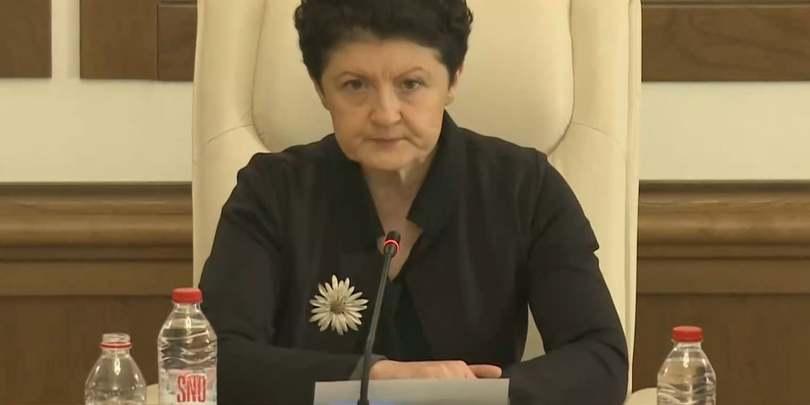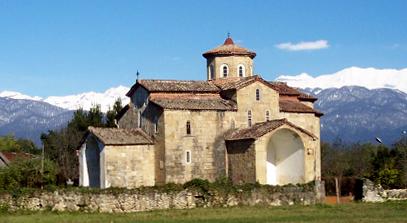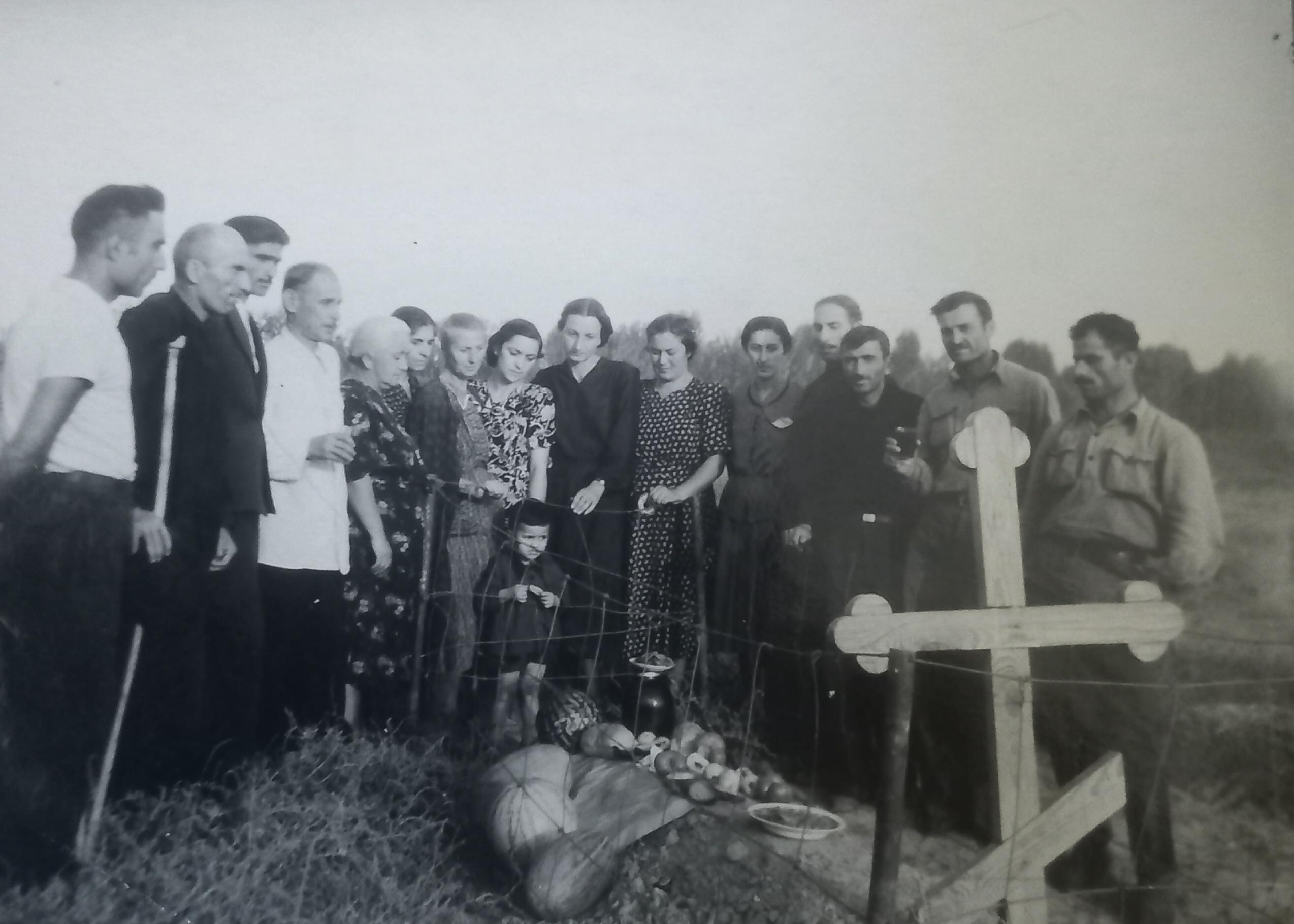Author : Giorgi Paniashvili

Following Russia’s invasion of Ukraine, the Georgian government, hesitant to support Ukraine from the outset, soon began to discourage rapprochement with Europe and then openly turned against the West, leaving Georgia with no friends three years after the war. The deliberately scattered seeds of being dragged in the war and importance of family values fell on fertile soil, yielded a sufficient harvest, and significantly, if not irreparably, damaged Georgia’s newly planted ‘Western garden’.
Recently, circumstances have developed in such a way that people no longer lament the loss of the Western garden. Instead, they note that our way of life increasingly resembles the Russian one, and it is difficult for a decent person to survive in this country. Victory seems distant, and the chanting of brave youth—’No justice, no peace!’—often sounds more like an outcry of despair than a proclamation of inevitable victory.
And yet, if we change our perspective on the new reality, abandon outdated and ineffective habits, and align our words and actions with the current challenging circumstances, new opportunities may emerge. After all, nothing is permanent.
In recent years, the notion of ‘Europe’ and ‘the West’ in general has lost its once sacred status in Georgia. This topic has been thoroughly discussed and even vilified on numerous occasions. Therefore, periodic warnings that Georgia risks falling into the abyss if it deviates from the European path now seem ineffective. Remarkably, Georgia has already deviated from this path, worsening its relations with its Western partners. Nevertheless, life goes on: Spring has arrived and the daily routine continues unabated, even without the presence of former allies. The pride that was once associated with Georgia’s exceptional proximity to the West has been overshadowed by pervasive propaganda and the prevailing fear of war.
Georgia’s history, in relation to Russia, is marked by cycles of subjugation and efforts to reclaim sovereignty—a narrative of survival rather than consistent development. A unified, strong, and independent Georgia has existed for only about a century and a half throughout its history. Russian influence is deeply entrenched; for the past three centuries, Georgia has lived under Russian dominion. This prolonged association has been likened to a chronic ailment—familiar yet detrimental. Despite the challenges posed by Russian dominance, Georgia has managed to endure and preserve its national identity.
Indeed, the average citizen may not immediately perceive the adverse effects of distancing from Western allies and aligning more closely with Russia. It’s important not to blame them for this, as they are not obliged to foresee the implications two or three years ahead. They, too, are children of their country, and like the nation itself, are more focused on immediate survival rather than long-term development.
What, then, is problematic about the course that Georgian Dream has chosen and is pursuing with varying degrees of success?
Our earlier emphasis on ‘salvation’ and ‘development’ was deliberate. Both Europe and the broader West have long hoped that Georgia would transform its narrative of survival into one of development and modernization. However, when presented with a choice—even a false one—between salvation and development, a Georgian is likely to choose the former and take pride in that decision.
However, the point is that at this stage of history the question of survival is not an issue, neither Russia needs to invade Georgia (it is already here), nor the West needs to drag Georgia into a war, because both know very well that this country would not survive a war—if it were to risk one, its insignificant military venture would not help anyone. Even more, Georgia is not so important for the Kremlin that it is worth waging even a short war over.
In such troubled times, exercising caution and restraint in relations with Russia was certainly justifiable. However, it is highly doubtful that Russia would have insisted: ‘Quarrel with everyone from Tallinn to Washington, sever all relations, and declare war; otherwise, I will invade Georgia with my remaining two divisions.’
Georgian Dream authorities did not need this to save Georgia, but to save their own power, while presenting it to the people as the salvation of Georgia and confusing the minds of the people against the background of war. And here we do not blame the citizens, when such a war is raging in our neighbourhood, it is difficult not to give in to fear—what if someone does really want to drag us into a war?
Meanwhile, little Georgia has lost the unique appeal that once made it stand out in this region and made it special—its close ties to the West. It was ‘proximity to the West’ that was the so-called added value of Georgia, which to some extent made other countries in the region speak to official Tbilisi with a certain respect, while the average citizen enjoyed the feeling of smugness and invisible moral superiority when travelling in the near abroad.
Outside the country, the authorities have traded Georgia’s defining aspiration—its European path—for the preservation of their own power. They have succeeded in convincing, if not the majority, then at least a sizeable portion of the population, that the ruling party is the sole guarantor of the country’s salvation and the prevention of war.
Given this context, attempts by various actors to influence or change the government by warning the public about the loss of a European future or the threat of falling under Russian influence appear futile. Georgia has already distanced itself from Europe, and Russian influence has markedly increased. Thus, trying to alarm people with developments that have effectively already occurred is of little use. Perhaps it would be more constructive for all parties involved in this confrontation to demonstrate to the public that they, too, can navigate this region’s complexities, establish contacts or relations with neighbouring countries—including Russia—and even avoid war altogether. After all, isn’t this precisely what the average Georgian desires?
What is needed now, more than Europe, is to project a regional perspective and approach, rather than intimidating the region with assertions that we will either become like Russia or resemble Azerbaijan. Georgians will feel more at ease knowing that any potential leadership will exercise caution within the neighbourhood and fully comprehend the unique dynamics of regional relations. With Europeans, we will have something substantive to offer—not merely churchkhela and wine, but a deep understanding of this region and a commitment to assisting them in navigating its complexities.
Resistance efforts must now adapt to the intensified political climate, recalibrating timelines, messaging, and strategies to align with the current realities. Historically, progress has never been swift or straightforward, and the present circumstances are no exception. Therefore, fostering public expectations of imminent change—suggesting that the regime will collapse within weeks—is, at best, counterproductive to the resistance movement itself.
The opposition’s effectiveness hinges on setting long-term objectives and demonstrating consistency, composure, and a comprehensive regional vision. It must also persuade Georgians to reclaim their distinctive identity, which has been eroded in recent times. Short-term tactics or fear-based narratives—such as warnings about distancing from Europe or drawing closer to Russia—are unlikely to succeed.
While this perspective does not guarantee success, it is a path worth pursuing, provided the public do not once again conclude that ‘they have learned nothing and forgotten nothing’.
